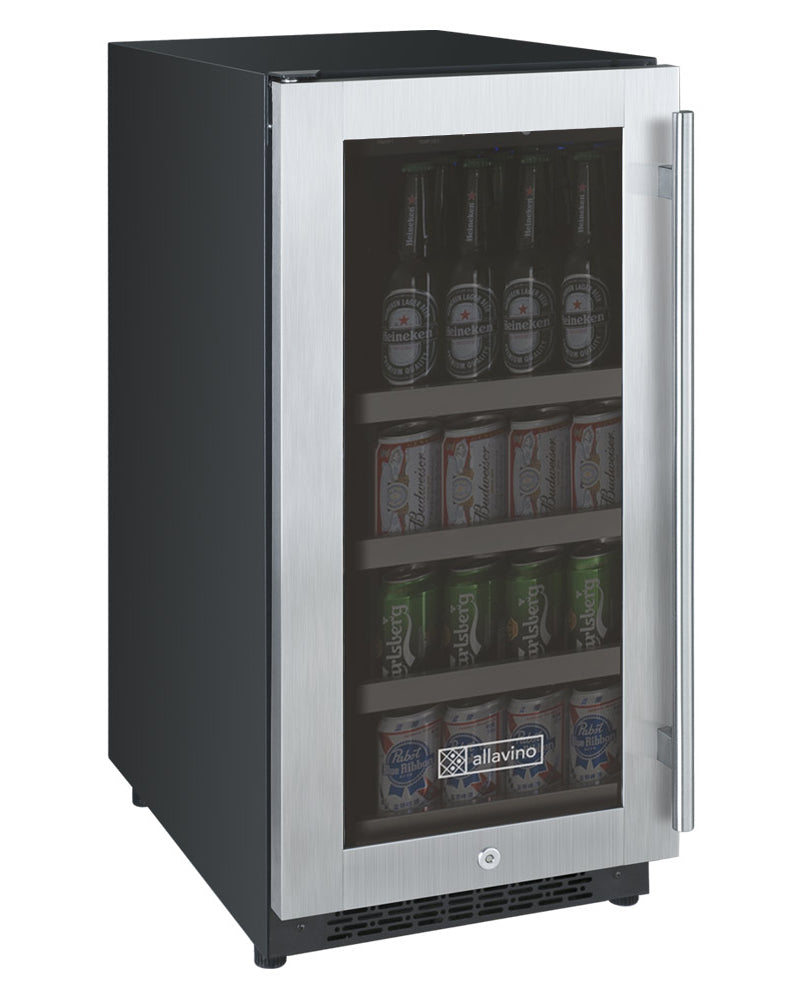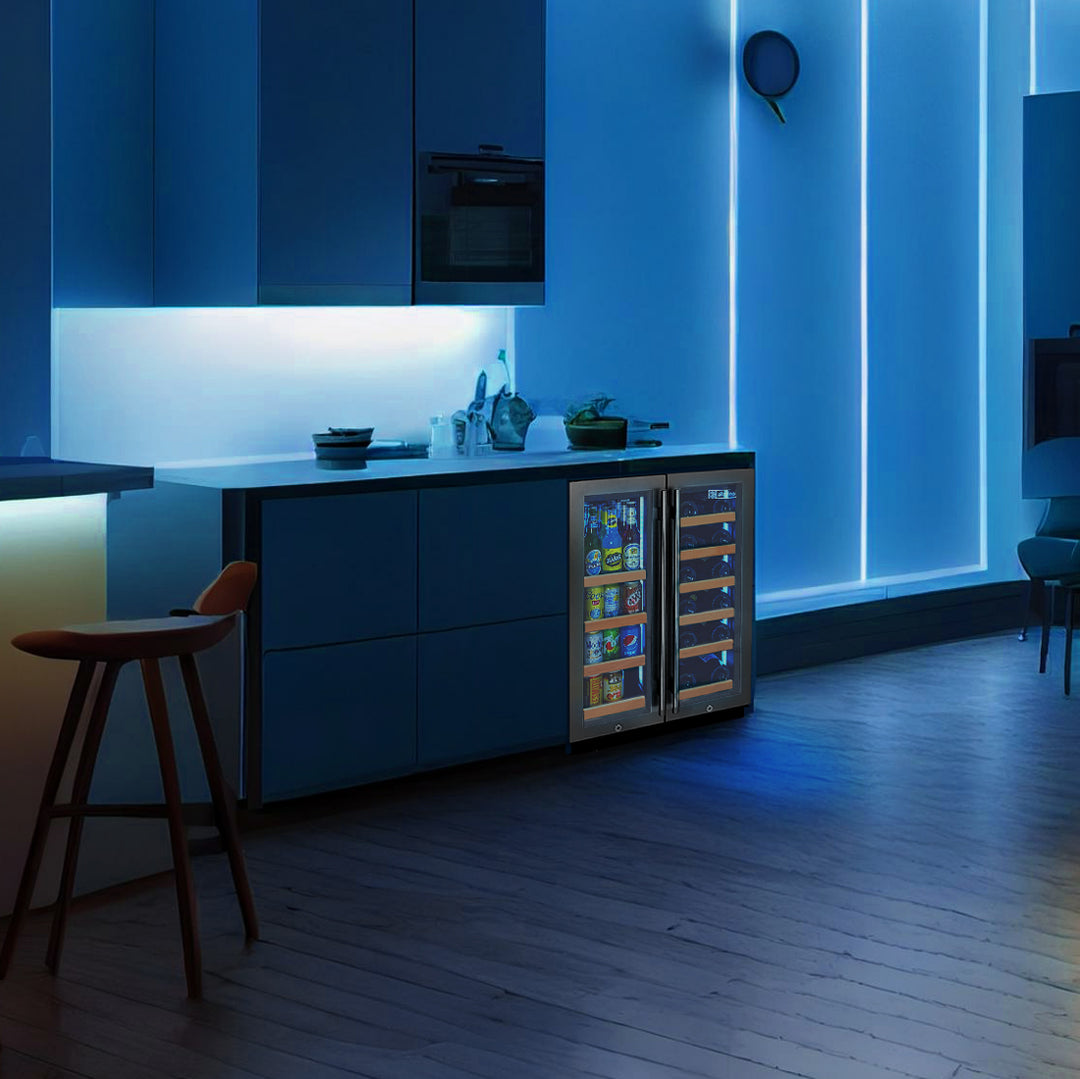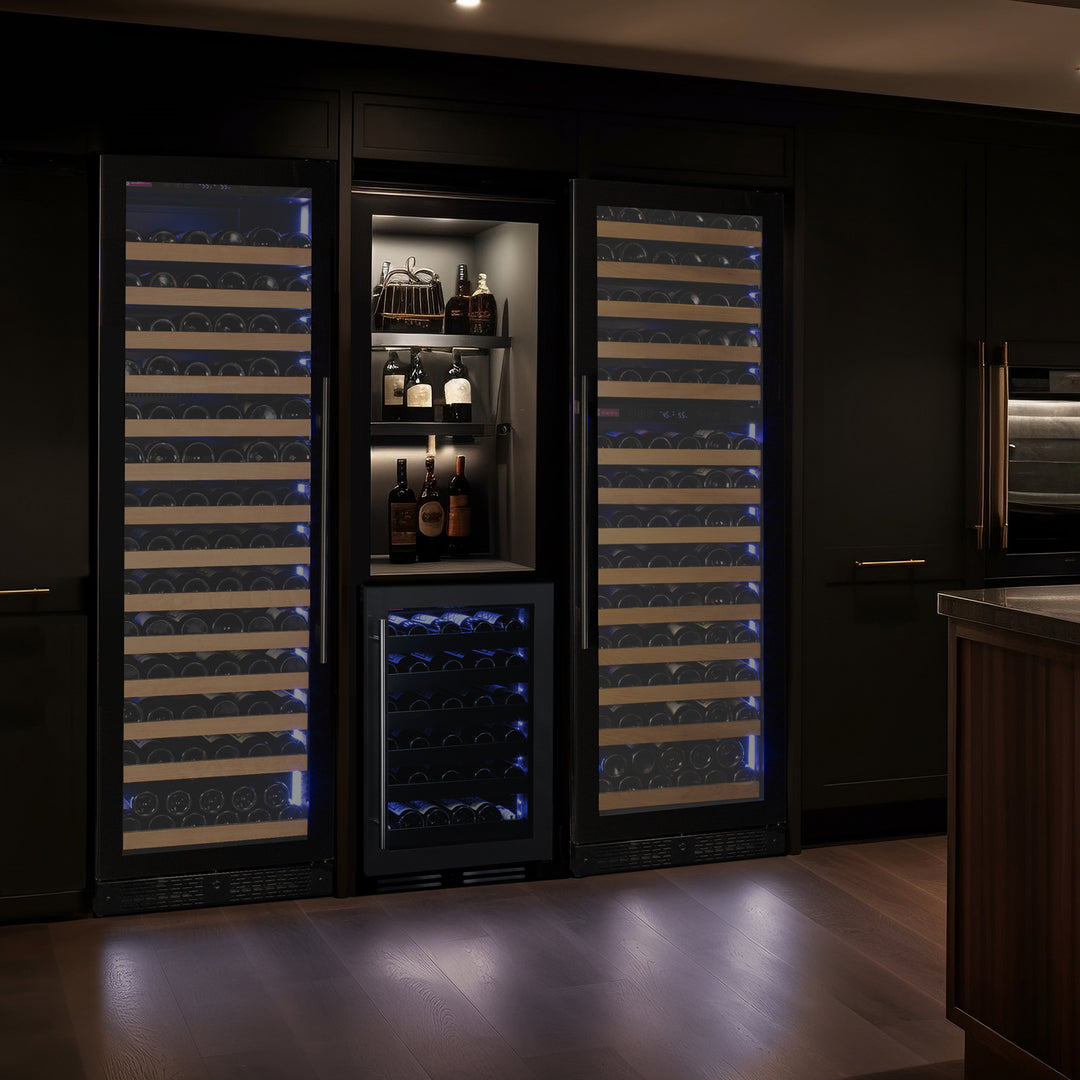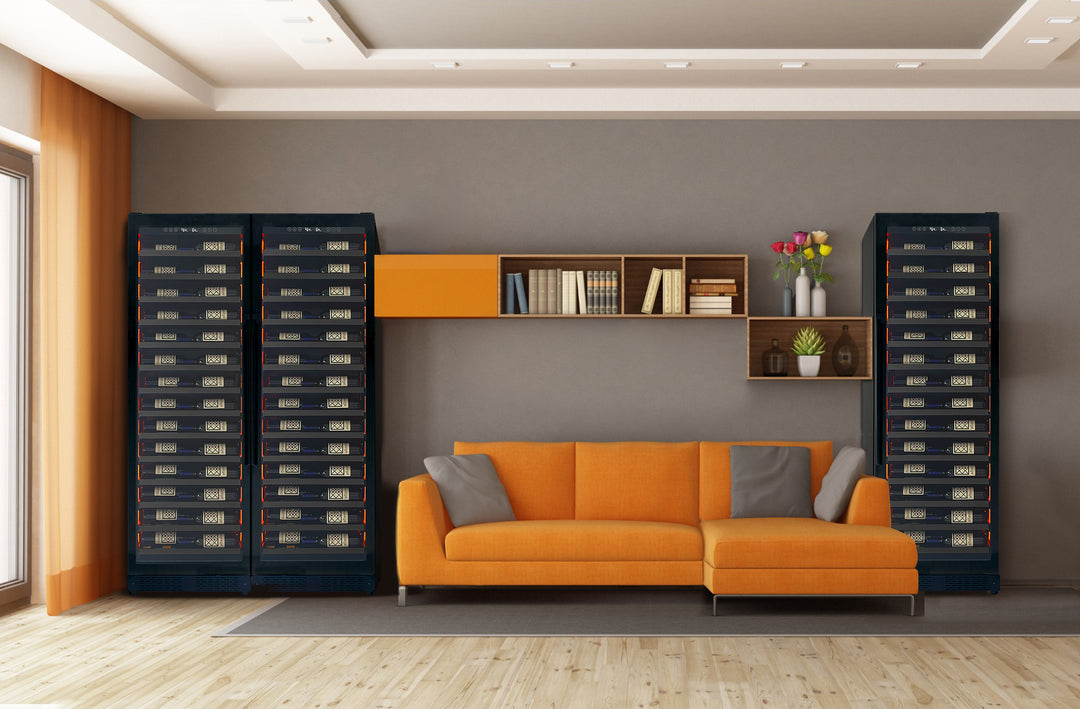How Long Will Wine Keep After Opening?
Have you ever wondered how long will wine keep once it's been opened? One answer would be It depends on how fast you can drink it!
First, we'll cover a little bit of what makes wine go bad. Oxidation is wine's worst enemy. Exposure to oxygen will lead to wine losing it's flavor, giving it an unpleasant taste and a vinegar-like smell. Oxygen raises the levels of volatile acidity in wine by accelerating lactic acid bacteria and wild yeasts. The purpose of the cork is to keep oxygen away from your wine, which is why you should store your bottles horizontally to keep the cork moist and preserve the seal. Once the cork has been removed, the wine is exposed to oxygen and the countdown begins. Light and heat also affect wine negatively, so store your wines in a cool, dark place after opening them.
Acidity, tannins, sugar, and alcohol can act as preservatives in a wine. The higher the acidity, the longer a bottle will last. Fortified wines have very long shelf lives because the addition of brandy increases the alcohol content. Wine Preservation Products help to extend the life of an opened bottle of wine by reducing the exposure to oxygen. Vacuum pumps suck the oxygen out to reseal the bottle and heavier gasses such as nitrogen and argon can be used to create a barrier between oxygen and your wine before recorking.

Sparkling Wines & Champagnes
Sparkling wines and champagnes are the first to lose their appeal after opening because of the loss of carbonation. They will last up to three days in the refrigerator with a champagne wine stopper.

Full Bodied White Wine
Full-bodied white wines, such as Viognier or Chardonnay, will spoil more quickly than a light white wine because they are less acidic. Therefore, it is a good idea to keep them in the fridge with a cork or invest in a vacuum pump.

Red Wine
How long a red will last depends on the acidity and tannin levels of the wine. Pinot Noir, a light red with low tannin levels, is one of the most sensitive red wines when exposed to oxygen. A bold red such as Petite Sirah will last longer, and some wines will taste better the day after uncorking as the wine opens up, exposing its flavors and aromatics. A wine refrigerator will allow you to store your bottles at an ideal temperature, but if you don't have access to one, storing an open bottle in the fridge is a better option than leaving it out in a 70° F room.

Light White & Rose Wines
The higher sugar and acidity levels in rosé and light white wines such as Sauvignon Blanc and French Riesling allows them to keep for up to a week when stored in the refrigerator. Some will even taste better after the first day as subtle changes in the taste occur due to oxidization.

Fortified Wine
Ports, Sherry, Madeira and other fortified wines that have had brandy added to them can last a long time. The sweeter it is, the longer it will last. You just want to make sure to limit their exposure to light and heat, so store them in a wine refrigerator or cellar if possible.

Boxed Wine
Boxed wine is great in that the bag-in-a-box system does not allow the wine to be exposed to oxygen, so you can pour a glass at a time without worrying about recorking or other preservation methods. Due to regulations on food stored in plastics, you will still need to pay attention to the expiration date on the box.
The age of the wine can also go a long way in determining how long it will last when opened. Younger wines will generally remain fresh longer than older wines will after they have been opened, so if you're planning on opening a 10-year-old bottle of wine, be prepared to have a few glasses in one sitting!
Personal taste goes a long way in determining if a wine is still good. If the wine has really gone bad, the smell will most likely alert you before you even taste it. If you open taste a wine that's been open and it tastes good to you, go for it!






Leave a comment